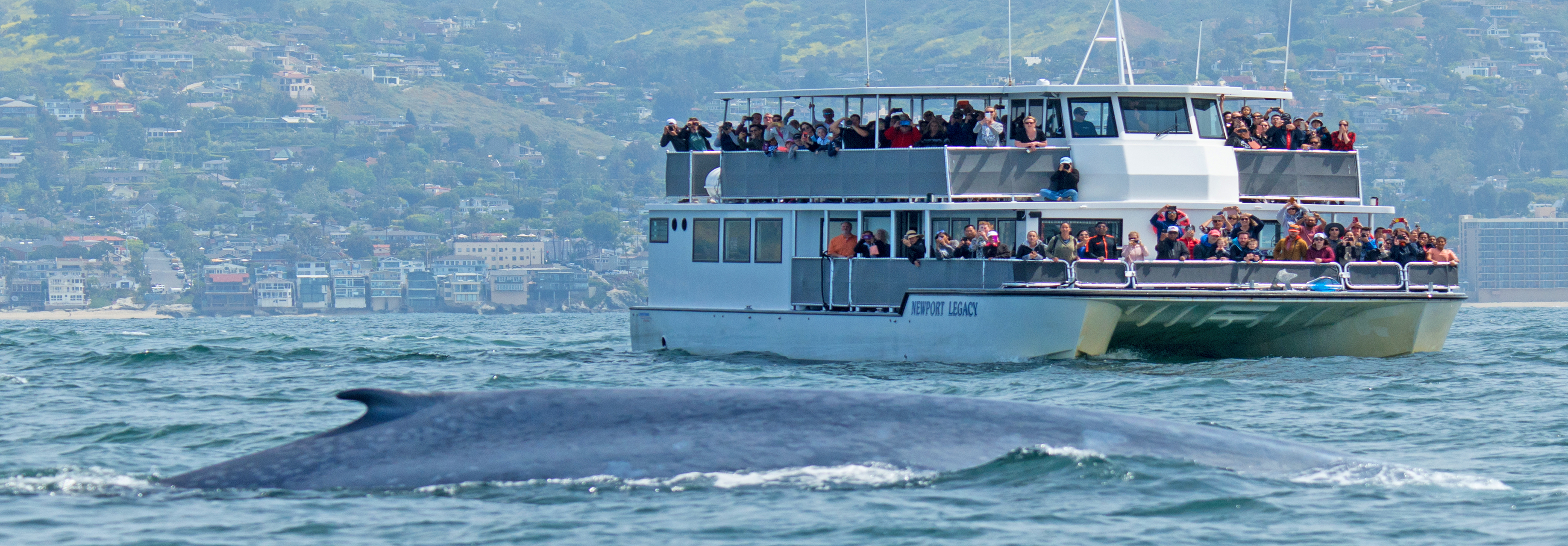
Can We Feed The Whales?
Whales, the magnificent creatures of the sea, have captivated human fascination for centuries. Their feeding habits, specific to each species, are integral to their survival and maintaining a balanced marine ecosystem. However, when it comes to feeding whales, a stark difference arises between captive parks where feeding is permitted and the impact of feeding wild whales in their natural habitats. This article explores the contrasting dynamics and sheds light on the feeding habits and techniques employed by wild whales.
Wild whales display a remarkable range of feeding habits, adapted to their respective species and available food sources. Let's delve into the feeding behaviors of some notable whale species:
- Filter-feeding whales, such as the blue whale and humpback whale, rely on vast quantities of tiny organisms for sustenance. They employ a technique known as lunge feeding, where they engulf large volumes of water and then expel it through their baleen plates. These baleen plates act as filters, trapping small organisms like krill or fish while allowing water to pass through. This feeding strategy efficiently captures and processes their prey.
- Whales like the gray whale are bottom-feeders. They feed by scooping up sediment from the ocean floor and filtering it through their baleen plates. This allows them to capture small crustaceans and other prey hidden within the sediment, while expelling excess water.
Feeding wild whales in their natural habitats is highly discouraged due to several reasons. Firstly, interfering with their natural feeding behaviors can disrupt their ecological balance and potentially impact their health. By altering their feeding patterns or creating dependencies on human-provided food, we risk compromising their ability to thrive in the wild.
Furthermore, wild whales have complex migratory patterns, traveling vast distances to follow their food sources. Feeding them can disrupt these natural rhythms, affecting their ability to navigate and find prey. It may also lead to a heightened presence of whales in certain areas, resulting in overcrowding and competition for limited resources.
Contrasting Captive Whale Parks:
In contrast to the restrictions on feeding wild whales, some captive parks permit visitors to feed whales. These facilities often house whales such as orcas (also known as killer whales) or belugas. While this practice allows for a closer interaction with these majestic creatures, it's important to recognize the fundamental differences between captive environments and the natural habitats of wild whales.
Captive parks carefully regulate the diet and feeding routines of their resident whales to ensure their nutritional needs are met. Trained professionals monitor the quantity and quality of food provided to maintain the health and well-being of the animals. However, it's crucial to remember that the conditions and behaviors of captive whales are not representative of those in the wild.
Feeding wild whales in their natural habitats carries significant risks and negative consequences. Wild whales possess intricate feeding habits and rely on a delicate balance within their marine ecosystems. By preserving their natural behaviors and allowing them to follow their migratory patterns, we contribute to the overall health and conservation of whale populations.
Captive parks that permit feeding adhere to controlled environments where the well-being of the whales is closely monitored. Nevertheless, these conditions should not be conflated with the natural behaviors and requirements of wild whales.
Ultimately, respecting the feeding habits and behaviors of wild whales allows us to appreciate their incredible adaptations and helps safeguard their future in our oceans. Let us embrace responsible whale watching practices that prioritize conservation, ensuring the continued marvel of these majestic creatures for generations to come.

Reserve your whale-watching trip!
Make your online reservation below, or call (949) 675-0551 to reserve.
SHARE
FOR RESERVATIONS, CALL (949) 675-0551